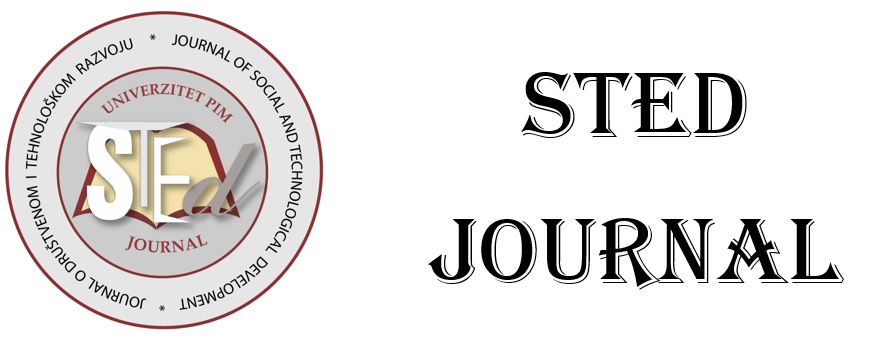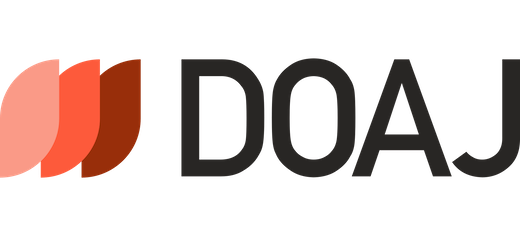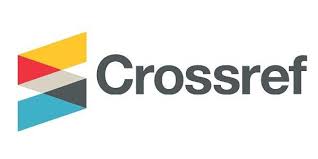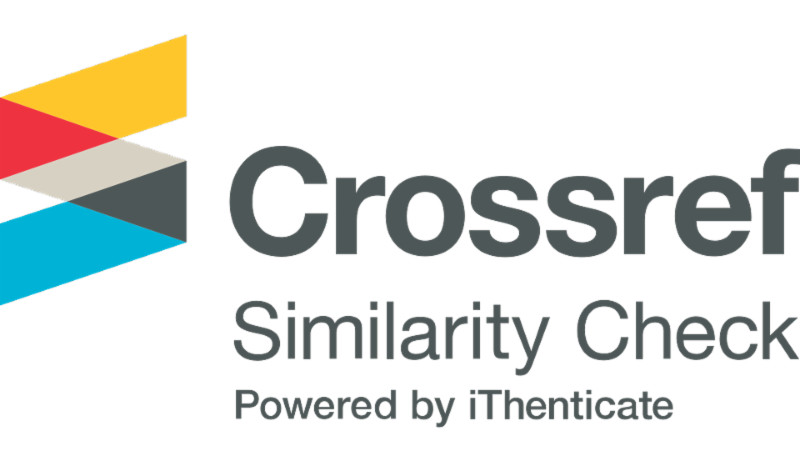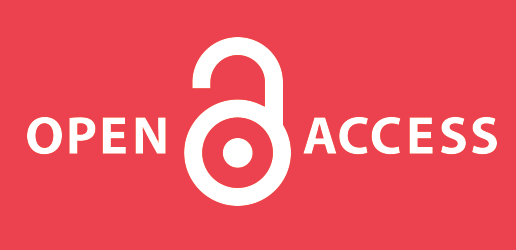
More articles from Volume 6, Issue 1, 2024
ANTICANCER POTENTIAL OF NOVEL PALLADIUM(II) COMPLEXES WITH ACYL PYRUVATES AS LIGANDS: DNA AND BSA INTERACTIONS AND MOLECULAR DOCKING STUDY
ANALYSIS OF ECONOMIC AND BUSINESS INDICATORS OF ENTREPRENEURSHIP IN REPUBLIC OF SRPSKA
MARKETING STRATEGIES IN RECRUITING AND TRAINING VOLUNTEERS FOR THE ORGANIZATION OF SPORTS COMPETITIONS
ARTIFICIAL INTELLIGENCE: EFFECTS ON SOCIETY, THE ECONOMY, AND ITS REGULATION
BLOCKCHAIN IN PUBLIC ADMINISTRATION IN BOSNIA AND HERZEGOVINA
Article views
BLOCKCHAIN IN PUBLIC ADMINISTRATION IN BOSNIA AND HERZEGOVINA
Banja Luka College , Banja Luka , Bosnia and Herzegovina
Received: 20.04.2024.
Accepted: 20.05.2024. >>
Published: 30.04.2024.
Volume 6, Issue 1 (2024)
pp. 46-55;
Abstract
In this paper, we explore the potential of blockchain technology to enhance public administration efficiency in Bosnia and Herzegovina. Facing challenges in communication and service delivery between the government and its citizens, our research investigates how blockchain can provide solutions. We employed questionnaires to gather citizens' opinions and conducted a comparative analysis of best practices from countries that have successfully implemented blockchain in public sectors. This approach allows us to identify specific areas where blockchain, particularly through smart contracts and hybrid networks, can improve efficiencies and outcomes. Blockchain technology, known for its decentralization, transparency, and security features, shows promise in several sectors, including finance, cryptocurrency, business support, and law, offering substantial benefits. Our analysis suggests that by adopting similar strategies, Bosnia and Herzegovina can address many current issues undermining public administration effectiveness. Our findings, based on citizens' feedback and international case studies, indicate that the existing system falls short in efficiency, underscoring the need for innovative solutions like blockchain to enhance public service delivery. We acknowledge potential challenges in implementation, such as technological infrastructure, legal frameworks, and socioeconomic considerations. Despite these hurdles, our research presents a compelling case for blockchain technology as a means to facilitate more effective communication and services between the government and its citizens. We conclude with recommendations for adopting blockchain technology in Bosnia and Herzegovina's public administration, supported by our comparative analysis and questionnaire insights. Additionally, we suggest areas for future research to continue exploring the transformative potential of blockchain in public services
Keywords
References
Citation
Copyright
All papers are licensed under a Creative Commons Attribution 4.0 International License.
Article metrics
The statements, opinions and data contained in the journal are solely those of the individual authors and contributors and not of the publisher and the editor(s). We stay neutral with regard to jurisdictional claims in published maps and institutional affiliations.
